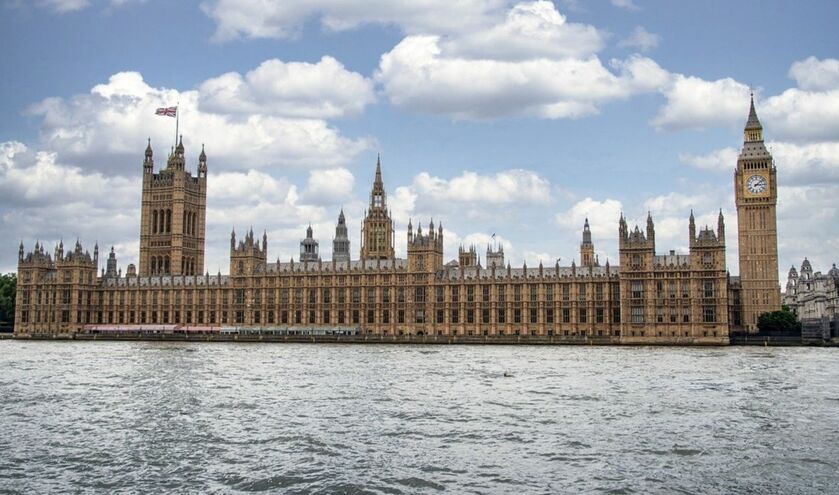Professor Philip Banfield, council chair of the BMA, said: ‘It's a high stakes announcement because the secretary of state and PM are now clearly responsible for healthcare in England.'
Prof Banfield said NHSE had become ‘too detached' and there was a real opportunity to change the culture of the NHS and listen to the concerns of doctors and nurses.
Professor Nicola Ranger, general secretary and chief executive of the Royal College of Nursing, said there was an opportunity with bringing back a level of accountability for the health service but added: ‘This is going to take real skill to be done properly. 50% cuts cannot come at the expense of patients.'
Dr Henriette Hughes, patient safety commissioner, said: ‘There's always a risk of being quite distracted while reorganisation is happening.'
Sharon Brennan, director of policy and external affairs, National Voices, said there were ‘strong opportunities' to put the patient at the centre adding the secretary of state was ‘focused on the patient experience'.
Brennan said cuts to ICBS was a real worry, however, particularly around addressing inequalities.
The National Voices director said the current plans felt ‘chaotic', adding it was a ‘big stretch' to carry out the three big shifts in tandem with the transformation.
Matthew Taylor, chief executive of the National Confederation, said the root problem has been overcentralisation and called for a ‘more manageable set of national priorities and a more manageable set of national priorities and effective form of devolution'.
Taylor said further clarity was being awaited on what cuts would be made to ICBs noting they had already been cut by 30%.
The chief executive also highlighted the difficulty of achieving more with less.
Nicholas Timmins, senior fellow, Institute for Government, warned no-one had any idea what would be put in the place of NHSE.
Chair of the Committee, Layla Moran, said: ‘While we heard today from senior figures with expertise from across different areas of the health sector, there was a strong consensus among them on the need to keep the patient voice at the centre.
‘Witnesses stated that there are some elements and functions of NHSE which must be effectively transferred to or continued by the Department after the abolition of NHSE, including digital, cyber security and specialist commissioning.
‘However, witnesses also emphasised that what matters most to patients and staff is not so much this reorganisation in itself, but what is happening on the frontline every day in hospitals and clinics around the country. They warned that there are opportunities here if done wisely, but if there is no clear direction and plan, the reorganisation risks being pointless.'
Health and social care secretary of state Wes Streeting will appear before the committee on 8 April.



